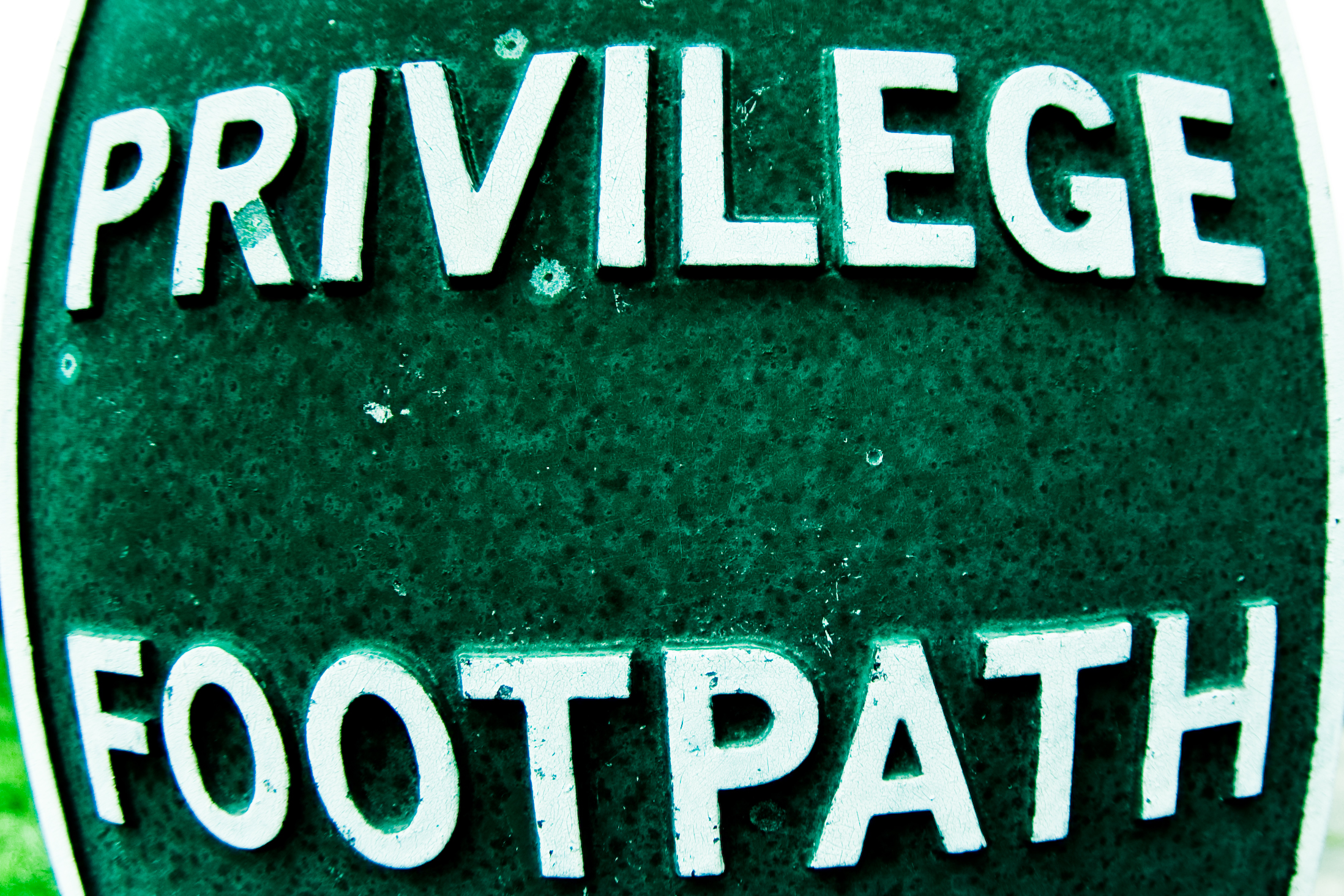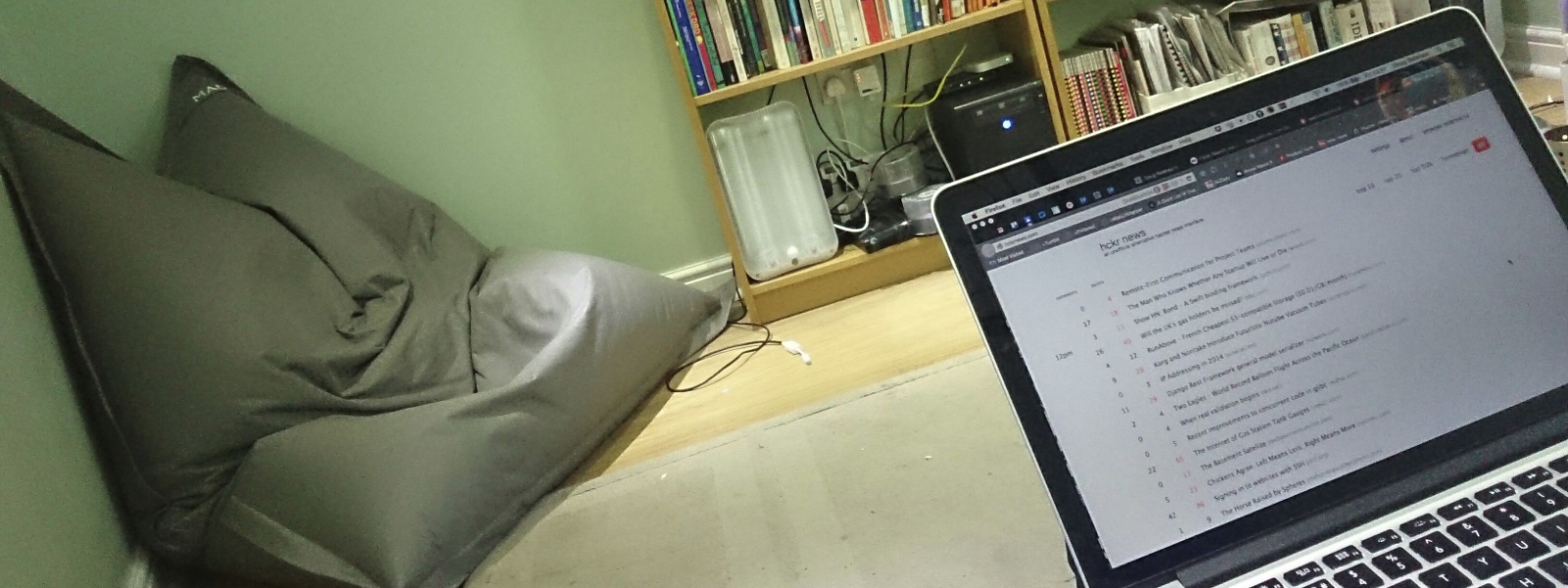Cashing in on your privilege
Earlier this week I came across Seth Godin writing on the truth about admissions to elite universities. I’m not sure where he got his data, but it would be difficult to argue against his central point:
What would happen if we spent more time on carefully assembling the pool of ‘good enough’ and then randomly picking the 5%?
[…]
It’s difficult for the picked, for the pickers and for the institutions to admit, but if you don’t have proof that picking actually works, then let’s announce the randomness and spend our time (and self-esteem) on something worthwhile instead.
Entrance to many professions and walks of life is far from being the result of a strict meritocracy. I think we’d all accept that.
Thinking about this further, I remembered a Twitter conversation I’d had with Mozilla contributor Stefan Bohacek. Over a series of tweets he took issue with a short post I’d written entitled $1 for the X, $9,999 for the expertise. In it, I’d quoted a (probably apocryphal) story about Tesla and Edison.
Well I just totally disagree with what the person is saying. Just because you cashed in on your privilege and spent a few years in college, it doesn’t necessarily mean you should make more than people who didn’t. Salaries need to be completely rethought. Do sports player and actors deserve vastly more money than teachers? If I want to have a comfortable life, I have to become a brain surgeon or start my own company? Who is going to bag our groceries and cut our hair once everyone is a lawyer? I agree — value is hard to measure. But the way it’s usually measured nowadays is completely wrong.
I still have reservations about salaries being centrally controlled via some kind of planned economy. However, the phrase ‘cashing in on your privilege’ has haunted me these past few months.
The phrase has stuck with me and been nagging at the back of my mind as it explains a lot of what I’ve seen as a teacher, as a parent, and as an participant-observer in our society. It’s the reason why, even as a political ‘centrist’ I oppose private schooling and believe that inheritance tax should pretty much be set at 100%. Like the proverbial goldfish noticing ‘water,’ privilege is something that’s not usually observed by those enjoying it.
But the thing is, we’re all privileged in the West / global north. I was struck this week by some research Mozilla has been doing in Africa about mobile phone usage. There’s many excellent (scary) points in that report, but something that stands out is how careful people have to be about their data plans. Yet here I am walking down my local high street, able to get a free wifi connection via around 40% of shops I walk past. I don’t think twice about some of the things that people have to obsess over.
It begs the question: what would it like to do the opposite, to divest oneself of privilege? Would it be a life similar to elf Pavlik, someone (intentionally) moneyless and stateless for the past five years, working for the good of the world (and most certainly not profit)? Would it be to spend as much time as one is able volunteering to help those least fortunate in society? What about reverse-tithing your salary?
I have no answers here, only questions. In my head I’m a lot more radical, consistent in my views, and morally upstanding than I actually must appear to others. Perhaps we’re all like that, I don’t know. What I think we all need to do is to think carefully about what constitutes privilege. We’re always going to be less well off – financially, socially, emotionally – than others, but then to another group of people, we’re the ones who are well off.
Final point: it’s easy to give money. What’s really missing in the world is time, attention and care. There are thousands and thousands of people out there who didn’t have the parents or the education to build networks of people they can rely on and use reciprocally to build cultural capital.* That’s why I was so impressed with Bryan Mathers when I interviewed him recently. He’s providing a bridge for young people to do things they’re good at but otherwise wouldn’t have been able to achieve due to the obstacles unwittingly placed in their way by society.
So I’ve no real conclusion other than I’m going to try and find ways to help others in non-material ways. I’m not sure what that will look like but feel free to ask me in a few weeks/months what I’ve done to further that aim. Please.
Image CC BY-NC Dave Wild
* Listen to this excellent episode of BBC Radio 4’s Thinking Allowed.



